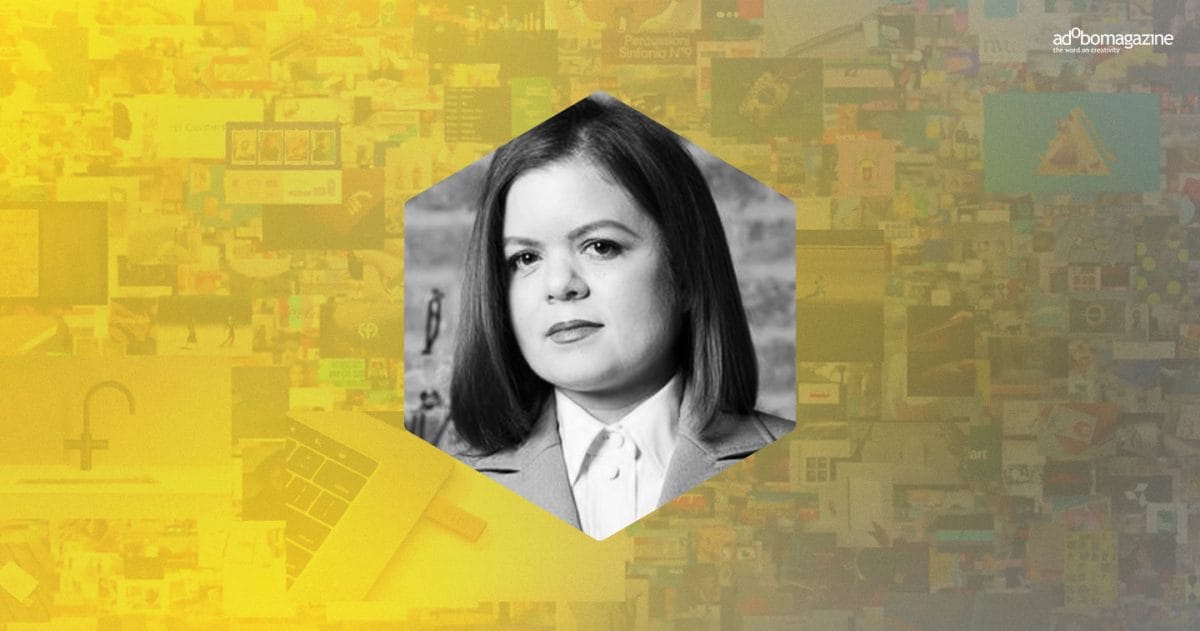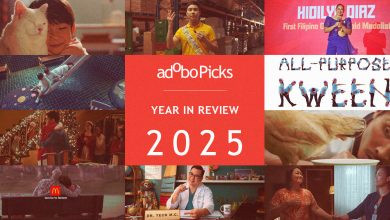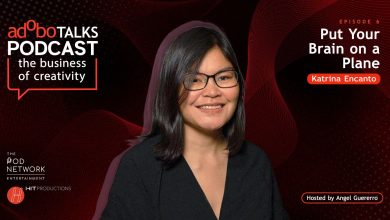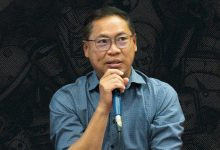LONDON, UK — Disability is a collective human experience that can affect anyone at any time. Design norms very often forget those who are not able-bodied, which is the overarching theme of “How Design Should Include Everyone” by Dublin-based accessibility consultancy Tilting The Lens, as presented at the D&AD Festival on May 21 at London’s Southbank Centre.
The presentation was given by Tilting the Lens CEO Sinéad Burke, continuing and evolving her acclaimed 2017 TED Talk, “Why Design Should Include Everyone.” As the title change suggests, her D&AD presentation unresolved questions from her TED Talk by exploring the “how,” this time with key case studies from partnerships with the likes of Gucci, Smirnoff, and British Vogue. While her first talk focused on raising awareness, Sinéad took the D&AD stage to brace the world of design for action by providing a practical framework for inclusive design.
Tilting the Lens is an organization that advocates for those with disabilities by promoting and recommending solutions with universal access in mind. Sinéad herself has achondroplasia, a condition commonly known as dwarfism. Her condition has not stopped her from appearing on the cover of British Vogue, being frank about her struggles with fashion, and navigating a world pointedly not designed for her and people like her.
Approaching the topic initially can be intimidating, as the language surrounding disabled people is not reflective of their experience and can be alienating. Sinéad’s preferred term for her disability is “little person” and it is through her efforts that duine beag, the Irish language equivalent, is now an official term after contacting the governmental body in charge of the Gaelic language. It is this kind of large-scale shift that Tilting The Lens is ultimately advocating for a language that allows disabled people to express their life and experiences with dignity and comfort in the same way those who are able-bodied can.
Across the pond, preparations are underway for the 2024 Paris Paralympics. Sinéad noted that the narrative surrounding disabled people often depicts them as superhuman, as overcoming insurmountable challenges. This, then, has prompted questions regarding the depiction of disabled people in the media. Oftentimes the media fails to depict the plurality of disabled people in the population, with ordinary folk simply wishing to live their lives often swept under the rug. “4% of TV adverts in the UK featured disabled people, dropping to 1% when considering people that make lead roles,” remarked Sinéad, a statistic at odds with the accounted prevalence in the population.
Anyone at any point in their lives can be affected by a disability that affects them either physically or mentally, and many brands are failing to accurately reflect the prevalence of disability in the population. Sinéad is frank about the historic stigma surrounding disability, but reminds people that we are at a crossroads to rethink about the language surrounding design, disability and access: 1.3 billion people globally have some form of disability; 70% of disabled people acquired their disability at some point in their life rather than it being congenital; “Long Covid” is a term that has entered the public consciousness in the wake of the pandemic and is largely considered a disability.

The language and what is considered a disability is changing at a rapid pace.
Universal access should be the baseline, rather than something extra that should be accounted for. In fact, often it leads to significant cost savings on top of an increased ROI. Accessibility is more than just access, it encompasses dignity, pride and justice. With this, design-based thinking should encompass intersectionality, using inclusive language and accessible technology. While many fields still have a ways to go in terms of representing disabled individuals, Sinéad believes that brands are taking notice, highlighting that Gucci and Vogue have hired disabled people to increase accessibility across the board.
adobo Magazine is an official media partner of the 2024 D&AD Awards.








